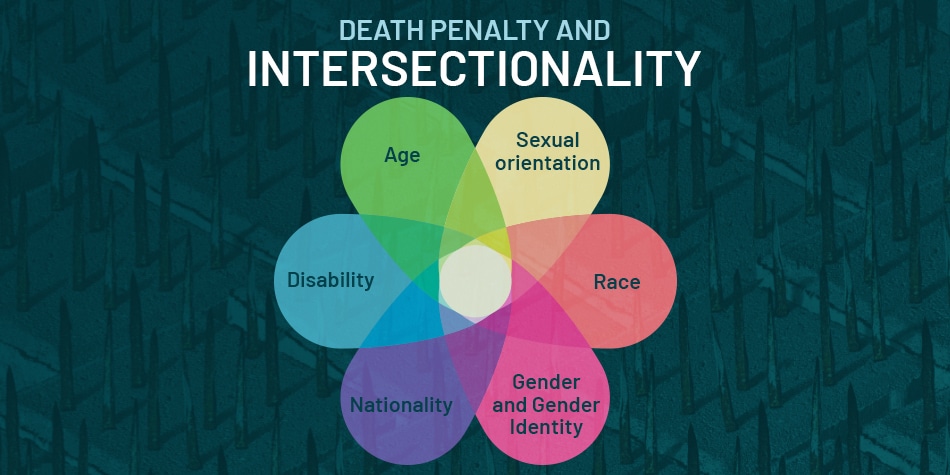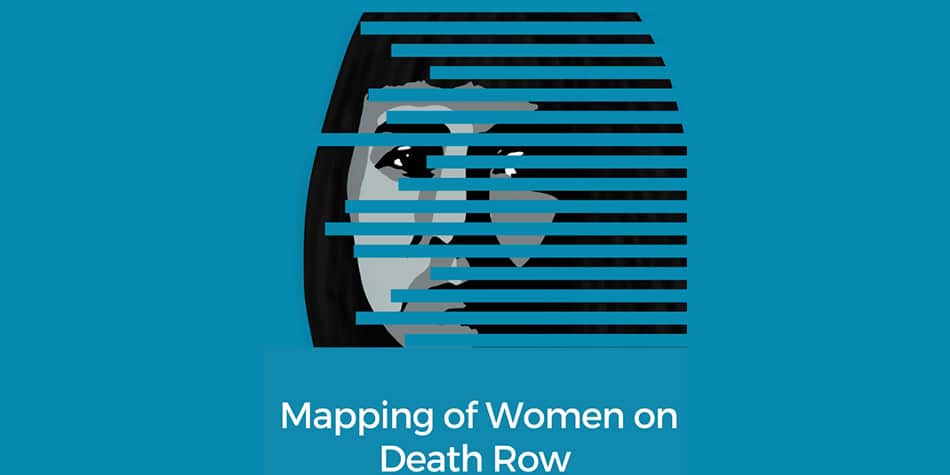Saudi Arabia: why are foreigners losing their heads?
MENA
World Coalition members Action by Christians for the Abolition of Torture (ACAT-France) and Together Against the Death Penalty (ECPM), members of the World Coalition Against the Death Penalty, have launched a campaign against the death penalty in Saudi Arabia.
The ‘Saudi Arabia: why are foreigners losing their heads?’ campaign condemns the increasing number of executions in Saudi Arabia since the start of the year. In particular, it focuses on the fact that almost half of all executions involve foreigners (out of 158 people executed in 2007, 76 were foreigners).
The situation is illustrated by the case of Rizana, a 20-year-old Sri Lankan woman who came to work in Saudi Arabia with false identity documents when she was 16.
She is accused of causing the death of the baby for whom she was caring. According to her, the child choked as it drank from its bottle. She was 17 at the time.
Arrested in May 2005, she did not have the right to a lawyer, either during questioning or during the trial. She allegedly ‘confessed’ to the murder during police questioning in a language she does not understand and signed a document drawn up in a language she cannot read.
She was sentenced to death on 16 June 2007 and appealed the sentence. If it is confirmed Rizana will be decapitated. In Saudi Arabia executions are performed in public through decapitation by sword.
Foreign nationals are more exposed
Saudi Arabian justice is particularly intransigent towards foreign workers and especially those from poor countries in the Middle East, Africa and Asia who represent nearly a quarter of the country’s population.
Foreign nationals are more exposed to legal errors and unfair trials than Saudi Arabians. As a result of their origins, they have little chance of escaping capital punishment. They receive insufficient, sometimes even inexistent, legal representation and consular assistance. They are deprived of all family support and cannot understand the contents of the statements drawn up in Arabic they must sign.
On occasion, their sentence depends solely on confessions obtained under constraint, torture or subterfuge. Trials take place in secret and the accused and their families are not informed of the accusations against them or the evolution of the procedures concerning them.
Witchcraft and homosexuality among capital offences
Many offences lead to the death penalty in Saudi Arabia, not only violent crimes but also witchcraft, adultery, sodomy, homosexuality and apostasy (renouncing Islam), to name but a few.
Although Saudi Arabia signed the Convention on the Rights of the Child it continues to sentence and execute those who were juveniles at the time of the offence.
In December the UN General Assembly voted on a resolution calling for a universal moratorium on executions. ACAT-France and ECPM condemn this barbarian practice in Saudi Arabia. They are launching an appeal for Rizana’s death sentence to be commuted and to guarantee the accused a justice system which conforms to international norms and standards in this area.
To read more, please visit the websites of ACAT-France and ECPM (in French).
You can sign the petition here.







